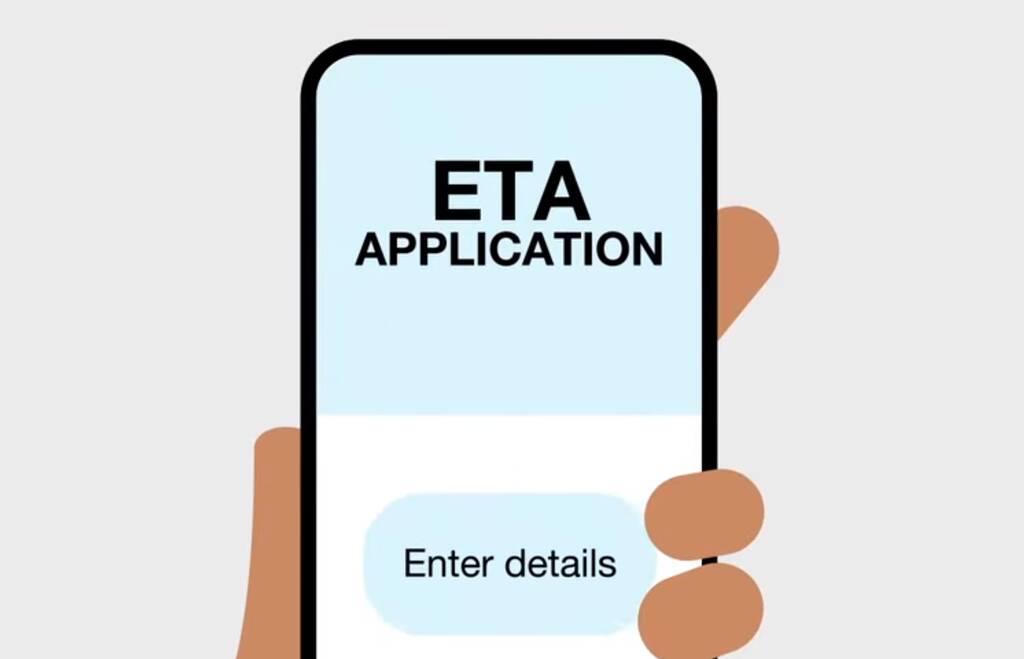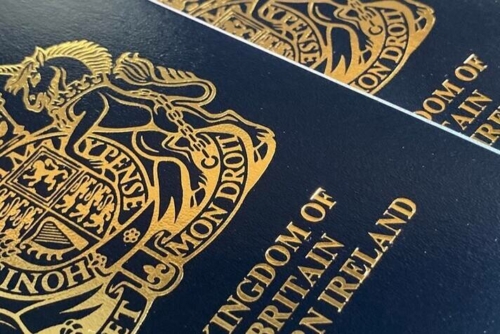Big win for BA and Virgin Atlantic as transit passengers exempted from ETA permits
Links on Head for Points may support the site by paying a commission. See here for all partner links.
Regular readers will know about the disaster (for British Airways, in particular) of the launch of the Electronic Travel Authorisation programme.
The ETA scheme forces most people visiting the United Kingdom who do not require a visa to apply for entry permission in advance of travel. It is rolling out in stages, with the final phase for EU residents launching on 2nd April.
There is, in itself, nothing wrong with this. However, the previous Government insisted that transit passengers must pay it too.

This caused a major problem for the airlines using Heathrow, and to a lesser extent Manchester. These are the only UK airports which allow passengers to transit.
Tourists heading elsewhere were choosing not to travel through Heathrow, and so not travel with British Airways and Virgin Atlantic, because:
- they had to pay a £10 per person fee for the ETA
- they had to fill in all the paperwork required to receive an ETA
- they had to take a small risk that their ETA may be refused after a flight had been booked
…. purely for the ‘privilege’ of changing aircraft at Heathrow.
Frankfurt, Paris and Amsterdam suddenly looked far more attractive places to transit.
The Government has now seen sense
In an announcement slipped out quietly yesterday, the Government has decided that transit passengers will no longer need to apply for an Electronic Travel Authorisation.
Heathrow’s chief executive, Thomas Woldbye, said:
“The removal of airside transit passengers from the ETA scheme is the right decision and we welcome it.
“This is a critical move to ensure Heathrow and the aviation industry as a whole can continue to deliver for everyone who depends on our world-leading connectivity.
“It shows that the government is listening to industry concerns and is willing to make the necessary changes to strengthen the UK’s competitiveness and drive economic growth.”
The Government isn’t prepared to see any loss of income, however. The ETA fee for everyone else is being hiked from £10 to £16 per person, adding £64 to the cost of a UK visit for a family of four. Even babies have to receive an ETA.

Richard Toomer, Executive Director of the Tourism Alliance, said:
“It is staggering that the Government has taken the decision to further increase the costs for tourists visiting the UK especially in light of its ambition to grow inbound tourism numbers and deliver economic growth.
“This is especially a kick in the teeth for our European visitors that just as they are required for the first time ever to apply for advance permission to travel to the UK, the cost for doing so has been put up by 60%.
“Even before this hike to £16 per person, ETA was already an additional cost for travellers, and crucially uncompetitive against to the EU’s own forthcoming travel authorisation scheme (ETIAS) both in terms of cost (€7 vs £16), validity period (three years for an EU ETIAS vs two years for a UK ETA) and in terms of the exemptions. The Government has just made matters worse.
“The Government recently announced a target to grow our inbound tourism to 50m visitors by 2030 up from 38m in 2023. Hitting that target will not happen if the Government keep viewing tourists simply as a cash cow. Tourists make decisions in a competitive global marketplace. We are already 113th out of 119 countries for price competitiveness. We need the Government to help address that challenge, not compound it.”
Who is exempt from an ETA?
Everyone entering the UK (but no longer everyone in transit through the UK) will require an ETA unless they have:
- a British or Irish passport
- permission to live, work or study in the UK
- a visa to enter the UK, or
- are travelling with a British overseas territories citizen passport
Confusingly, Irish residents (non passport holders) are only exempt if they enter the UK from Ireland, Isle of Man or the Channel Islands. They will need to apply if entering from any other country.
How long will an Electronic Travel Authority last?
An ETA will last for two years.
However, it is linked to the passport, not the person. If the passport is renewed, a fresh ETA will be required.
Find out more
You can find out more on the ETA website here.
You can read more about the transit passenger exemption here. It isn’t clear if this is effective immediately or if it needs new primary legislation to be passed, which is the case for the fee increase.









Comments (176)